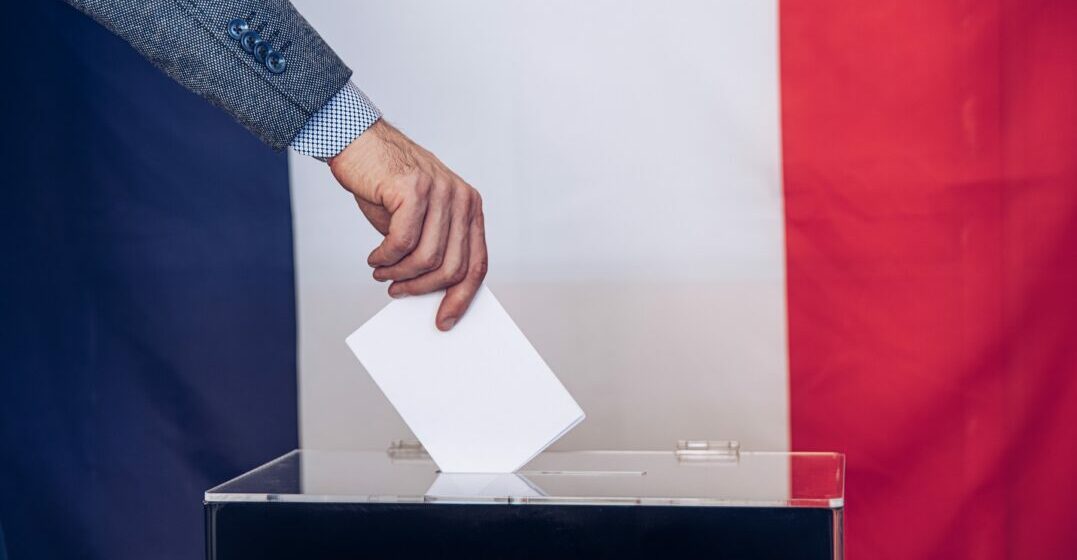How does the French election work? All your questions answered
Published on April 12, 2022 / Updated on January 8, 2024
To a person not born and raised in the country, the presidential election process in France may look like an unsolvable puzzle (in very much the same way as the British or the American election system is likely to appear to a French person). With two separate rounds at the polling stations, many candidates for the top job and strict rules on campaigning, it is fair to say it is a complex and unique system. So, how does the French election exactly work? Let’s put all the pieces of the political puzzle together.
Before we properly delve into the intricacies of the French presidential election, it is important to set the scene and give some background information. Since the revolution of 1789, France has already known five different systems of republic governance, as well as a couple of imperial regimes and even a return of the monarchy in the first half of the 19th century. Interestingly enough, Napoleon was the founding father of the first republic in France before he turned himself into an emperor. The fifth republic was set up in 1958 by another great political figure in French history, Charles de Gaulles. It effectively splits the power between the president and the prime minister of their choice. Initially, the presidential mandate was set to seven years, but this was reduced to five years in 2002. It is also not possible to be elected more than twice as the president of France.
One of the main specificities of the whole process is that French presidents are elected not through one, but two successive votes. These votes usually occur on two Sundays in the space of two weeks between the end of April and the beginning of May. However, in 2022, the two votes have been set up a little earlier than usual, on the 10th and the 24th of April, to avoid interfering with the French public holidays.
In the first stage, all candidates are in the race. In order to be a candidate for the presidential elections in France, all you really need is 500 signatures of support from elected officials such as mayors. If you belong to one of the French political parties, you may also need to be nominated by said party. Alternatively, you also have the possibility to run as an independent.
In the second stage, only the two candidates with the highest percentage of ballots remain in the battle. In theory at least, it is possible to be elected president of France in the first round, as long as you secure 50% of the votes or more. But this has simply never happened, in part due to the fact that the ballots get split between the numerous candidates competing in the first vote.
It is worth noting that there are strict rules to ensure a fair election. For instance, there is a limit as to how much each candidate can spend for their campaign. Depending on how many votes they get, they may also see part of their expenses refunded to them by the state. Private companies are not allowed to offer donations to candidates, while private donors need to be French citizens and cannot give more than €4,600 each.
Other rules relate to equal airtime, or « temps de parole » (« speaking time ») as it is known in French. This means that TV and radio channels cannot give more airtime to one candidate over the others. With a similar goal in mind, they also must observe « le silence électoral » (« electoral silence ») from midnight on the Friday before the first round until 8 pm on the Sunday, when the last polling stations close.
That’s pretty much all you need to know about how presidential elections work in France (that and the fact that you need to be a French citizen and be 18 years old or more to be able to vote). And after all the excitement of the intense campaign between the numerous candidates and the two voting rounds, you can get ready to toast in French for the actual winner!
